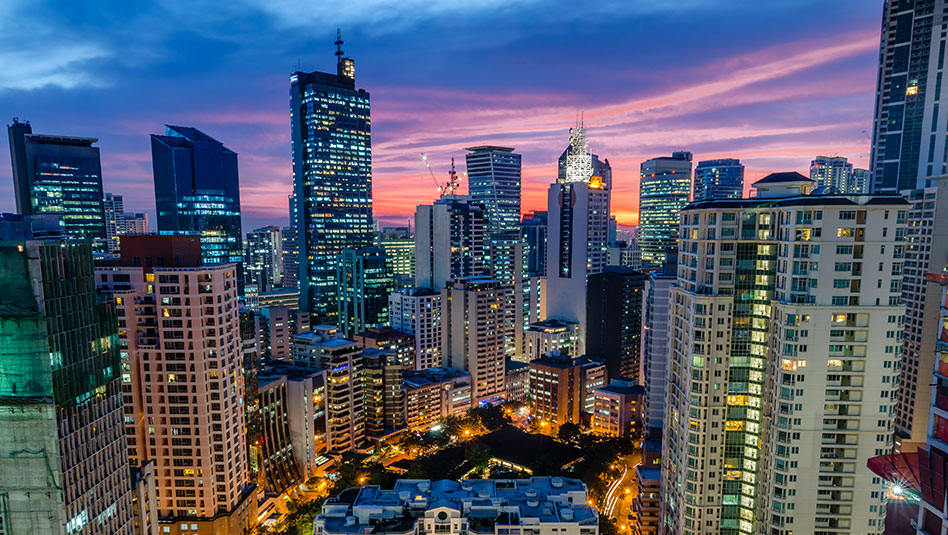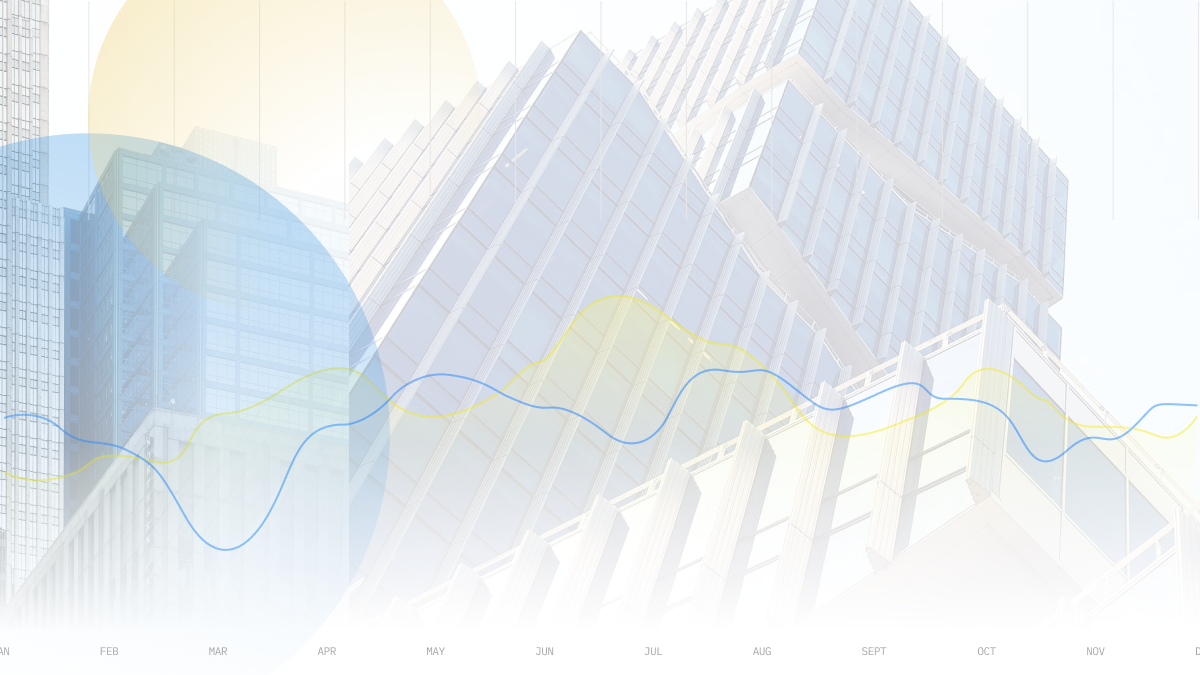




Inflation Update: Weak demand softens shocks
 DOWNLOAD
DOWNLOAD

Monthly Economic Update: Fed cuts incoming
 DOWNLOAD
DOWNLOAD

Consensus Pricing – June 2025
 DOWNLOAD
DOWNLOAD


TOP SEARCHES

UPDATE 2-Philippines Q3 GDP slows less than expected, putting 2021 target in reach
Adds analyst comments, background
By Neil Jerome Morales and Karen Lema
MANILA, Nov 9 (Reuters) – The Philippines’ annual economic growth slowed less than expected in the third quarter, putting the country on course to meet its target this year, but it was unlikely to persuade the central bank to move interest rates off their record lows.
Gross domestic product PHGDP=ECI expanded for a second straight quarter in July-September, although at a much slower pace of 7.1%, after the government reimposed strict curbs to contain a Delta-variant driven surge in COVID-19 cases.
The third quarter growth figure, while weaker than the previous quarter’s upwardly revised 12% expansion, easily beat economists forecast of a 4.8% expansion, and made this year’s downwardly revised 4.0%-5.0% GDP target well within reach.
“We contained the Delta variant and sustained our economic expansion even as stringent quarantines were in place,” Socioeconomic Planning Secretary Karl Kendrick Chua told a media briefing.
On a quarter-on-quarter basis, the economy grew 3.8% in September period, versus a 1.4% contraction in the June quarter.
As growth has yet to return to pre-pandemic levels, economists expect the central bank to leave its benchmark rate PHCBIR=ECI at a record low of 2.0% for some time despite faster inflation.
A sluggish recovery “will keep a lid on underlying price pressures and means that the central bank is unlikely to begin tightening policy until 2023”, said Alex Holmes, economist at Capital Economics.
The central bank has two more policy meetings this year, with the penultimate one to be held on Nov. 18.
Annual growth in household spending slowed to 7.1% in the third quarter from the previous quarter’s 7.3% growth, but government spending reversed the previous quarter’s slump and climbed 13.6% in July-September, government data showed.
Unemployment rose to an eight-month high of 8.9% in September following the reimposition of strict lockdown measures in August.
In terms of sectoral output, industry and services grew 7.9% and 8.2%, respectively, while agriculture, forestry and fishing declined 1.7% partly due to bad weather and African swine fever outbreaks.
Domestic demand should pick up in the coming months as a decline in COVID-19 cases and rise in vaccination rates should pave the way for a further easing of mobility restrictions, Chua said.
Easing COVID-19 curbs should improve sentiment in the country of 110 million people ahead of an election in May to choose a successor to President Rodrigo Duterte.
(Writing by Enrico Dela Cruz
Editing by Lincoln Feast & Simon Cameron-Moore)
This article originally appeared on reuters.com





 By Reuters
By Reuters